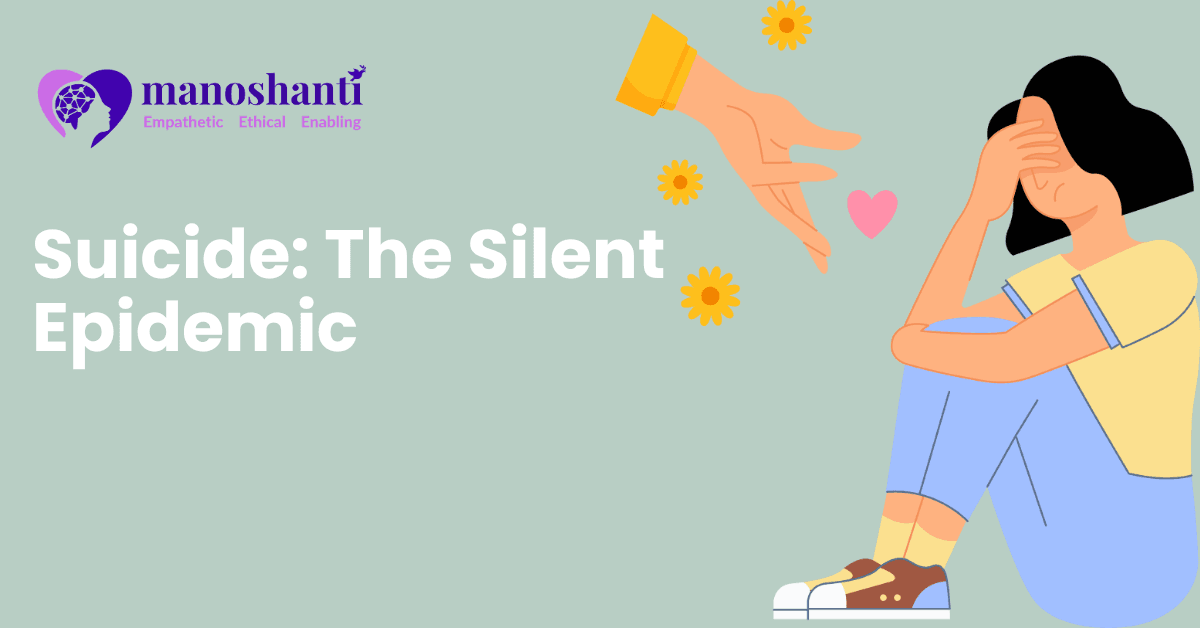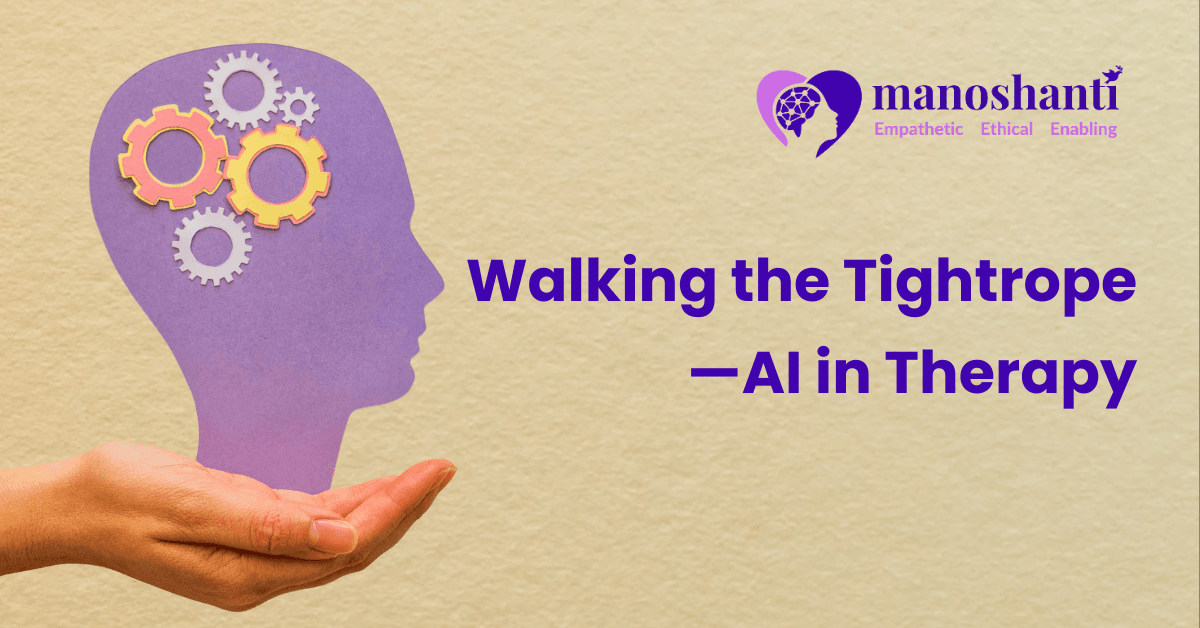Premenstrual dysphoric disorder (PMDD) is a cyclical pattern of psychological and physical symptoms seen in women of the reproductive age group, which occurs around the time of their menstrual cycle. It affects approximately 5-8% of women and causes significant functional impairment.
Symptoms
It begin a few days before and disappear after the onset of the menstrual cycle, almost completely resolving after a week. These include:
Psychological symptoms
- Irritability
- Anger
- Depression
- Anxiety
- Panic Attacks
- Mood swings
- Difficulty concentrating
- Forgetfulness
- Sleep disturbances
- Carbohydrate cravings
Physical symptoms
- Fatigue
- Bloating
- Weight gain
- Hot flashes
- Nausea
- Constipation
- Headache
- Backache
- Acne flaring
- Tenderness of the breast
Why does it happen?
There are several risk factors that contribute to developing PMDD, including hormonal changes during the menstrual cycle, fluctuating levels of progesterone and oestrogen, serotonin deficiency, lower levels of cortisol and endorphins, stress, obesity, smoking, and genetic factors.
Is it the same as PMS?
Premenstrual syndrome (PMS) is a less severe form of PMDD. Approximately 70-90% of women experience some discomfort prior to the onset of menstruation. Physical symptoms are more prominent than psychological symptoms and do not interfere with routine activities.
When to treat?
When the symptoms become unmanageable and disrupt functioning, it may be indication of PMDD, and it is advised to visit a psychiatrist to initiate treatment.
What are the treatment options?
- Antidepressants used intermittently only during menstruation is safe and effective
- Lifestyle changes
- Consuming less caffeine, sugar, or alcohol, and eating smaller, more frequent meals
- Regular Aerobic Exercise
- Stress management: breathing techniques, yoga, meditation
- Evening primrose oil, magnesium supplements
- Hormonal therapies – OCP, progesterone only pills
PMDD can be an undiagnosed condition causing significant distress and dysfunction. Consult a professional today.





